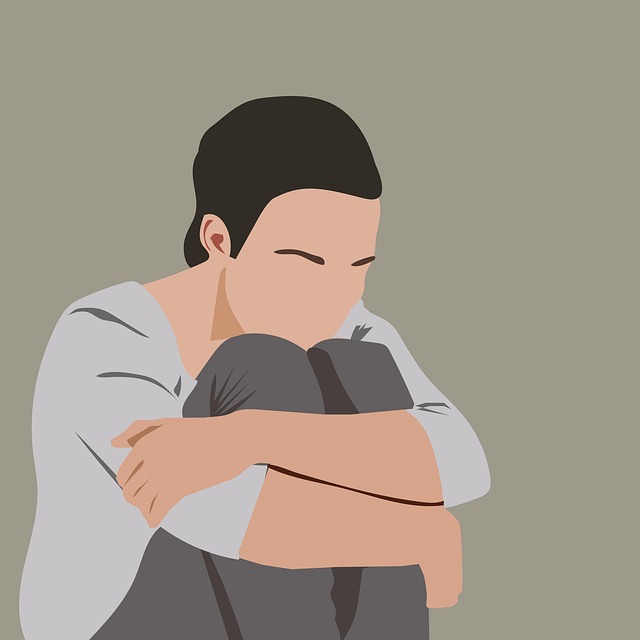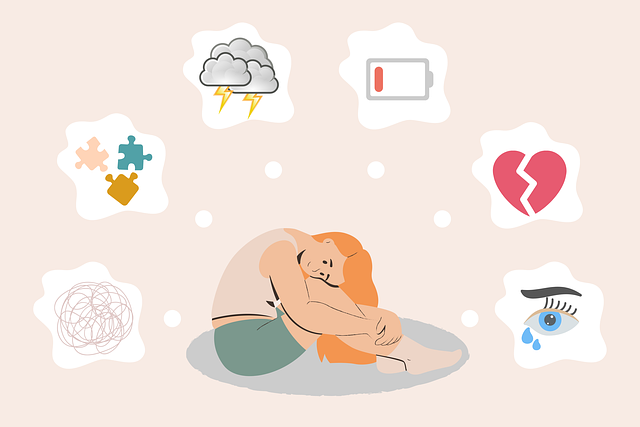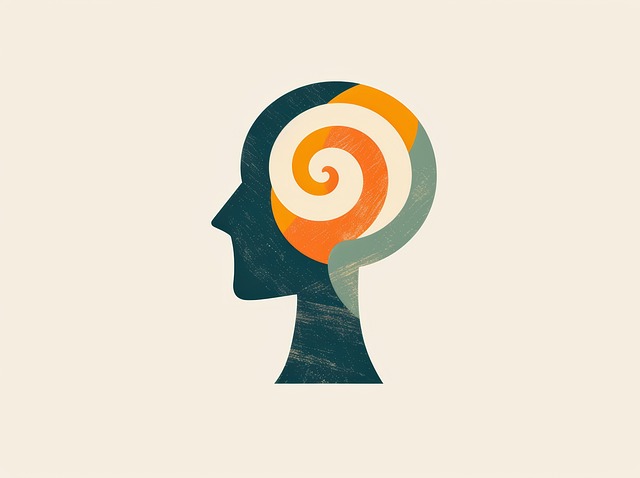Cancer survivors facing Lone Tree Cancer Issues can greatly benefit from self-care practices that go beyond relaxation. These include holistic routines like exercise, mindfulness, and adequate sleep to combat anxiety, depression, and burnout. Cultivating a positive mindset through affirmations and gratitude strengthens the mind-body connection. Overcoming barriers to consistent self-care involves shifting perceptions and prioritizing mental wellness with mood management exercises. Mental wellness coaching programs offer personalized strategies for daily stress management. Creative therapies like art and guided meditation in natural settings promote emotional healing, backed by scientific evidence. Cultural sensitivity ensures tailored interventions for diverse patient backgrounds, fostering comfort and connection through nature-focused journaling.
“Enhancing self-care practices is a vital aspect of cancer survivorship, offering much-needed support and empowerment. This comprehensive article explores the profound impact of self-care on cancer survivors, delving into strategies to overcome common barriers. We uncover innovative approaches, focusing on creative therapies and the therapeutic benefits of nature, providing a ‘Lone Tree Cancer Issues Therapy’ perspective. By integrating these practices, individuals can embrace holistic well-being, navigate post-cancer life with resilience, and cultivate a vibrant sense of self.”
- Understanding Self-Care and Its Impact on Cancer Survivors
- Overcoming Barriers to Implementing Effective Self-Care Routines
- Integrating Creative Therapies for Enhanced Well-being: The Role of Nature in Cancer Care
Understanding Self-Care and Its Impact on Cancer Survivors

Self-care is a vital aspect of cancer survival and recovery, often overlooked yet profoundly impactful. It involves intentional activities that promote physical, emotional, and mental well-being, enabling individuals to manage their unique Lone Tree Cancer Issues. Beyond merely relaxation techniques, self-care is a holistic approach to healing, addressing the multifaceted challenges faced by cancer survivors. Effective self-care strategies can significantly reduce symptoms of anxiety and depression, commonly experienced after cancer diagnosis and treatment, fostering resilience and improving overall quality of life.
For cancer survivors, incorporating self-care practices such as regular exercise, mindfulness meditation, and adequate sleep into daily routines can be transformative. These activities contribute to burnout prevention, enhancing mental health policy analysis and advocacy. Moreover, cultivating a positive mindset through affirmations and gratitude exercises may seem simple, but it plays a crucial role in strengthening the mind-body connection, a key aspect of cancer recovery. By prioritizing self-care, individuals can better navigate their cancer journey, ensuring they are equipped to face the challenges ahead with renewed energy and optimism.
Overcoming Barriers to Implementing Effective Self-Care Routines

Implementing consistent self-care routines can be challenging for many individuals, especially those dealing with health issues like cancer. The journey to better self-care often involves overcoming various barriers. One significant obstacle is the perception that self-care is a luxury or an added responsibility alongside already demanding care regimes, such as therapy sessions for Lone Tree Cancer Issues. However, prioritizing mental wellness through practices like mood management and self-awareness exercises can be transformative. These techniques help individuals develop resilience and coping mechanisms, ensuring they can navigate life’s stressors more effectively.
Additionally, the lack of structured support or guidance in establishing self-care routines can deter people from taking this proactive step towards recovery and overall mental wellness. Mental wellness coaching programs development offers a solution by providing personalized strategies for managing daily stressors. By integrating these practices into their lives, individuals can enhance their ability to focus on healing and personal growth, ultimately fostering a deeper connection with themselves and their well-being.
Integrating Creative Therapies for Enhanced Well-being: The Role of Nature in Cancer Care

Incorporating creative therapies into cancer care regimens offers a unique and holistic approach to addressing Lone Tree Cancer Issues. Beyond traditional treatments, these therapeutic practices harness the power of nature and artistic expression to enhance well-being and improve mental resilience. For instance, art therapy sessions by the side of a serene forest or guided meditation amidst natural landscapes can significantly reduce stress levels and promote emotional healing. The connection with nature becomes an integral part of the healing process, tapping into ancient Mind Over Matter principles that have been scientifically proven to benefit mental wellness.
Cultural sensitivity in mental healthcare practice is also essential when integrating these therapies. Understanding diverse cultural backgrounds and beliefs allows for tailored interventions, ensuring that every patient receives care that resonates with their personal journey. For example, incorporating cultural elements into art therapy sessions or using specific techniques from around the world can foster a deeper sense of connection and comfort. Additionally, Mental Wellness Journaling Exercises guided by nature-focused prompts can help patients process their emotions, cultivate gratitude, and gain insights into their cancer experience, all while enjoying the therapeutic benefits of spending time in nature.
Self-care is an essential aspect of cancer care, and as demonstrated by this article, it can significantly improve the well-being of survivors. By understanding the impact of self-care, overcoming barriers, and integrating creative therapies like nature-based treatments, individuals facing Lone Tree Cancer Issues can enhance their quality of life. These practices not only support physical health but also foster emotional resilience, ensuring survivors navigate their journey with greater ease.














